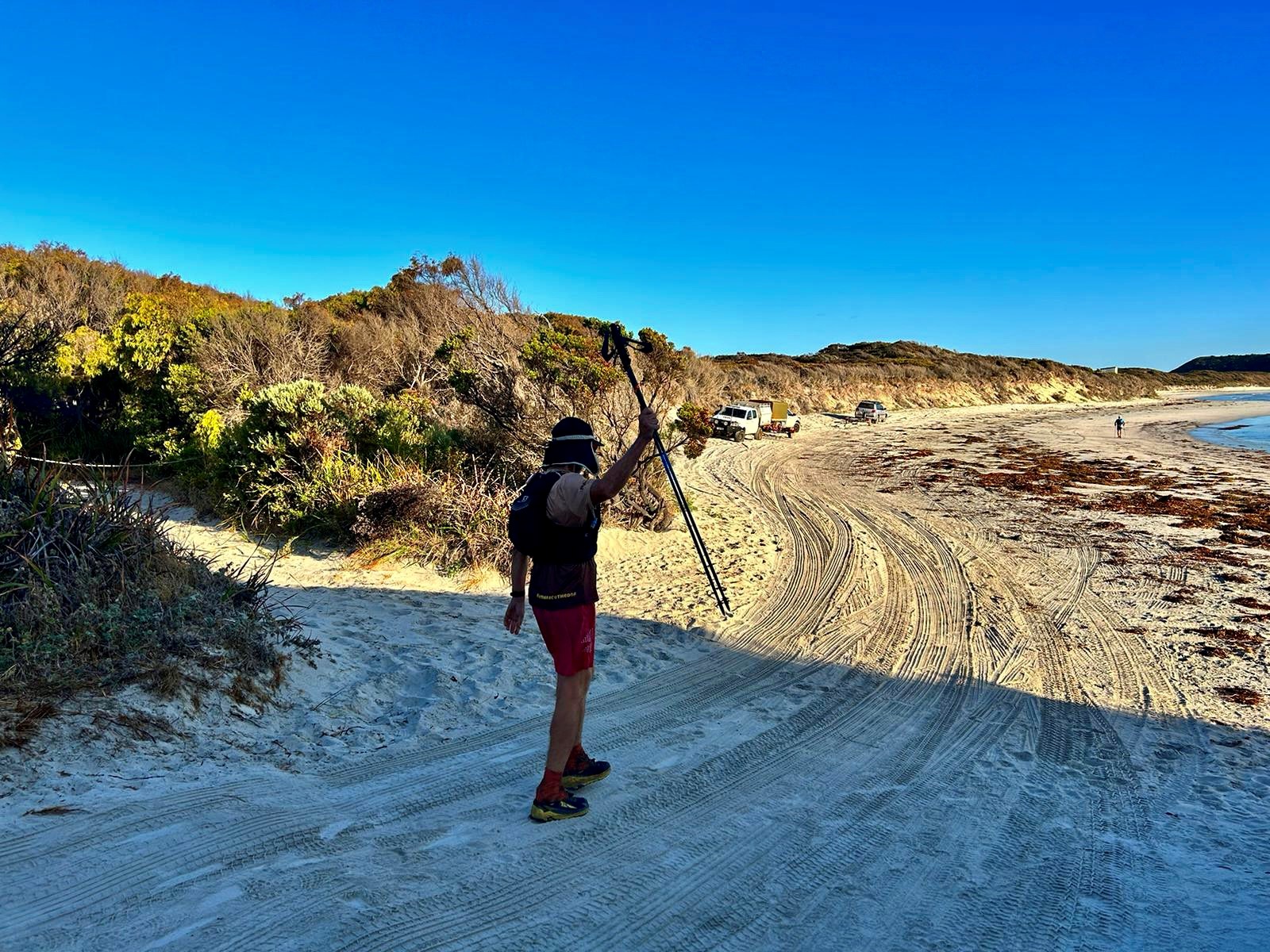Holiday with Matt Fitzgerald
Of course my staple diet is Matt Fitzgerald and his ’80/20 Running’ . This has become my bible of late as I step up my training distance to over 100miles (160k) a week. By making sure 80% of this volume is low intensity I am able to sustain this without any fatigue issues. As Matt mentions in his book there are a few extra rules, small print, to his 80/20 Running blueprint.
He comments that the 80%/20% split is a guideline and not to follow religiously. It is more of a moving target and serves as a best case rather than a ‘set in stone’ target. Rather it is there to make sure you don’t over compensate either way e.g. 100/0 , 30/70 or 50/50. ‘The ideal balance of training intensities is a narrow range rather than a precise ratio’ . With periodization you may move the ratio more to the easy as you build up your base and just pre-race this ratio may change as you run more race-pace runs Once you have raced you may taper, when again the shift is more to the 80% slower runs.
Matt also mentions training cycles and puts twenty-four weeks as probably the maximum the body , and mind, can sustain to absorb increased training loads. Looking ay my training lately I’m probably 16 weeks into a heightened training program so it looks like I may have timed it pretty will with two weeks left pre-Masters Marathon.
Other rules Matt describes are topics I have touched on in previous posts and all make good sense. Build up your weekly average slowly and he even mentions no more than an average increase of 10 miles a week per year. I personally think this is far too conservative i.e. if your average weekly mileage was 20 miles one year I can see no reason why, if you were to commit to running, and follow all the training rules you could not increase to any distance , within reason of course. Limiting yourself to 30 miles a week average seems too restrictive. Sorry Matt it looks like you’re not perfect, or I’m wrong. (which has happened before funnily enough.)
Matt also describes the hard/easy principle where you should not have two hard training sessions in a row. As I described in a previous post the recovery run after a hard session is as good, if not better, than the original hard run because you are running on fatigued legs. Thus even though it is a recovery run you are still preforming some good and increasing fitness, how good is that?
His fourth rule describes the tried and tested workouts which he splits into low intensity runs , these include the recovery runs, foundation runs and long runs. Next is the moderate intensity which include the fast finish runs (as the name suggests making the last few kilometres your fastest, and one of my favorite runs due to training with Tony Smith !!! AKA the T-train) . Next are the Tempo run, Cruise intervals and long runs with speed play. Finally is the high intensity runs which include speed play (fartlek), hill repetitions, short intervals or long intervals and mixed intervals. So many ways to have so much fun.
Finally Matt mentions Step Cycles where the running load is varied week to week , making each week slightly more challenging than the preceding, typically these adjustments are by increasing or decreasing volume. His last rule describes training progressively as you move towards your goal race. If it is a 5k your training should culminate with training sessions done at or near 5k pace. Likewise for a half you would sharpen up with a few workouts that closely simulate the endurance and intensity demands of that specific distance.
All these rules make sense and have certainly helped me rediscover some racing form of late. I would highly recommend you search out any Matt Fitzgerald ( http://mattfitzgerald.org/ ) literature, he knows what he is taking about.

About The Author
bigkevmatthews@gmail.com
A running tragic.
Related Posts
How mental is an ultra marathon ?
With Herdy’s backyard ultra 2025 kicking off in a few days I thought it…
Herdy’s backyard ultra , number 5 in a row for Herdy’s and BYU number 12 … why wouldn’t you ?
In 2021 I ran 47 laps at the inaugural Herdy’s (Frontyard, as it’s…

Andrew R | 22nd Oct 16
Couldnt agree with you more Big Kev.. 80/20 is the first running book ive purchased and it is an incredible read. Being someone who is still relatively new to running, this book offers so much advice and evidence based ideas for the new runners to build there foundation upon. Most importantly i think this book helps to combat the build up of unnecessary levels of fatigue and to assist with developing and maintaining focus on your running goals. Cant wait to finish this book and move on to the next Matt Fitzgerald title ! Good luck on your Rotto Half tomorrow !!